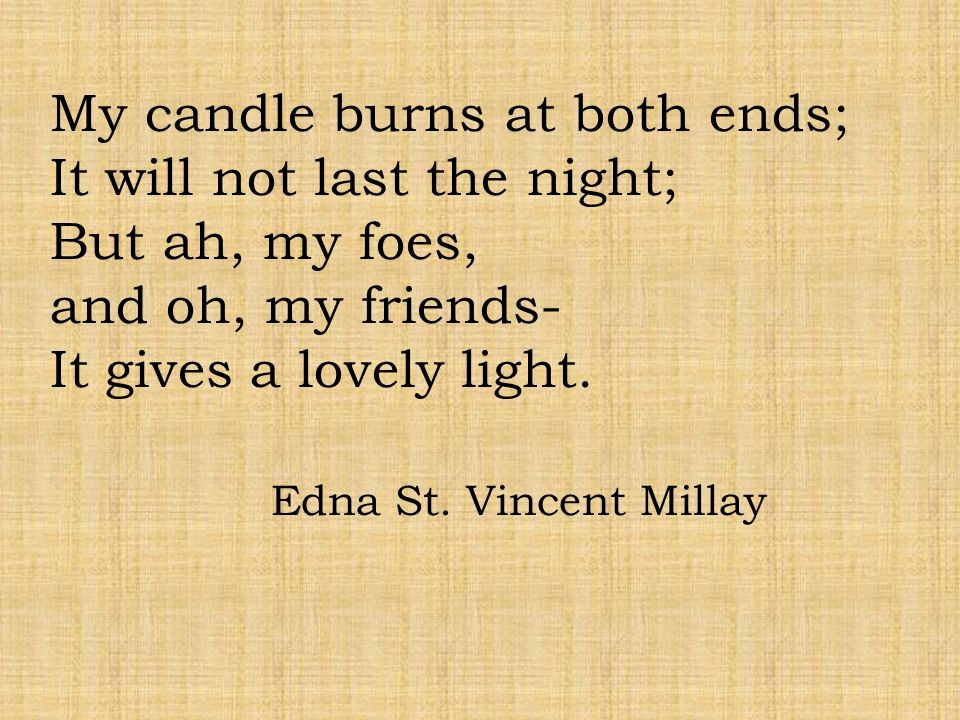On Sunday, the following ad appeared in the ”Wanted—Male Help” section of the Chicago Sunday Tribune:
ADVERTISING WRITER
EXPERIENCE NOT NECESSARY
Prominent Chicago advertising agency offers unusual opportunity to men capable of expressing themselves clearly and entertainingly in writing. A real opportunity to enter the advertising profession and be promoted as rapidly as ability warrants. State age, education, experience, if any, whether married or single, what you have been earning and, in fact, anything or everything which will give us a correct line on you. All communications considered strictly confidential. Address C122 Tribune.”

Front page of the Chicago Sunday Tribune, November 28, 1920
Ernest Hemingway, 21, composes this response:
No attempt will be made to write a trick letter in an effort to plunge you into such a paroxysm of laughter that you will weakly push over to me the position advertised in Sunday’s Tribune.
You would probably rather have what facts there are and judge the quality of the writing from published signed articles that I can bring you.
I am twenty-four years old, have been a reporter on the Kansas City Star and a feature writer for the Toronto Star, and the Toronto Sunday World.
Am chronically unmarried.
War records are a drug on the market of course but to explain my lack of a job during 1918—served with the Italian Army because of inability to pass the US physical exams. Was wounded July 8 on the Piave River—decorated twice and commissioned. Not that it makes any difference.
At present I am doing feature stuff at a cent and a half a word and they want five columns a week. Sunday stuff mostly.
I am very anxious to get out of the newspaper business and into the copy writing end of advertising. If you desire I can bring clippings of my work on the Toronto Star and Toronto Sunday World and you can judge the quality of the writing from them. I can also furnish whatever business and character references you wish.
Hoping that I have in a measure overcome your sales resistance—
very sincerely
1230 N. State Street
Chicago Illinois”
“Such Friends”: 100 Years Ago… is the basis for the book, “Such Friends”: The Literary 1920s, to be published by K. Donnelly Communications. For more information, email me at kaydee@gypsyteacher.com.
Manager as Muse, about Scribner’s editor Maxwell Perkins’ relationships with Hemingway, F. Scott Fitzgerald and Thomas Wolfe, is available on Amazon in both print and Kindle. Early in 2021 I will be talking about Perkins, Fitzgerald and Hemingway in the Osher Lifelong Learning programs at Carnegie-Mellon University.
My “Such Friends” presentations, The Founding of the Abbey Theatre and Dorothy Parker and the Algonquin Round Table, are available to view on the website of PICT Classic Theatre.
If you want to walk with me through Bloomsbury, you can download my audio walking tour, “Such Friends”: Virginia Woolf and the Bloomsbury Group.







